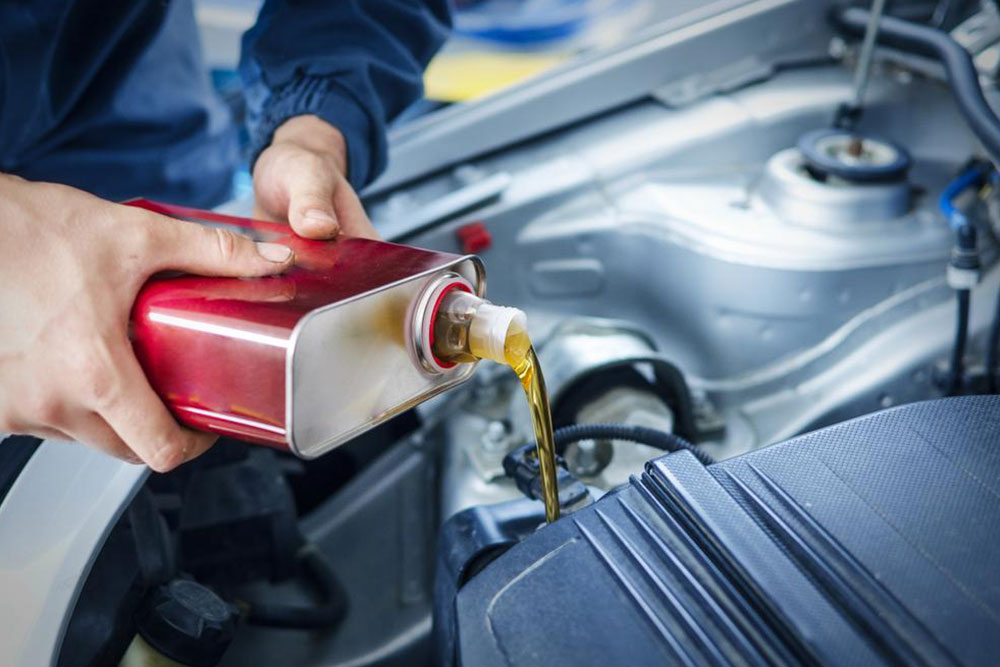Frequently Asked Questions About Vehicle Lubricants
Discover essential facts about vehicle lubricants, including the importance of regular oil changes for older cars, understanding oil viscosity numbers, and the benefits of synthetic oils. Learn when chemical flushes are needed, how to identify engine oil contamination, and ways to save on maintenance costs with coupons. Proper lubrication practices ensure smoother engine operation, improved fuel efficiency, and prolonged vehicle lifespan. Keep your engine in top shape by understanding these key lubrication tips and maintenance routines.
Sponsored

Understanding vehicle lubrication is essential for maintaining engine health. From the ideal timing for oil changes to choosing the right type of oil, knowing these details can save you money and prevent breakdowns. Additionally, using coupons like jiffy lube change discounts can make routine maintenance more affordable. Here are some common questions answered about lubricants, oil changes, and related tips:
Why are oil changes crucial for aging vehicles?
Regular oil replacements remove contaminants such as dust and metal shavings, replacing old oil with fresh lubricant that enhances engine performance and longevity.
Driving an older car without timely oil changes can lead to higher fuel consumption or engine failure. Keeping the engine clean with regular oil replacements ensures smoother operation.
What do the numbers on motor oil labels mean?
The first number indicates the oil's viscosity at low temperatures, affecting how well it flows in cold starts. The second number shows the viscosity at high temperatures, relating to protection during hot operation. Selecting oil within the recommended range maintains optimal engine performance.
Are chemical flushes necessary for my vehicle?
Chemical fluid flushes help remove buildup and oxidation, maintaining components like radiators and transmissions. They are vital for preserving cooling efficiency and overall system health.
What indicates milky brown engine oil?
This color suggests coolant contamination, which often results from a blown gasket or a faulty transmission cooler. Immediate inspection by a mechanic is advised.
What is synthetic motor oil?
Synthetic oil is ideal for extreme temperatures and high-performance engines such as turbocharged models. Although costlier than conventional oils, it improves fuel economy and extends intervals between oil changes.






